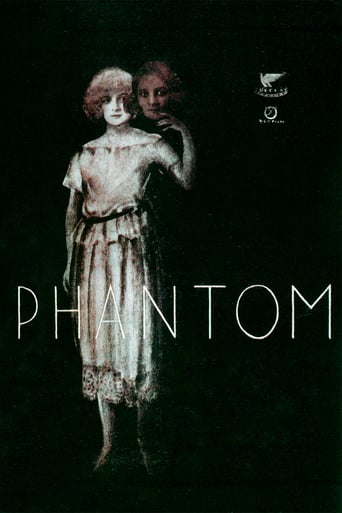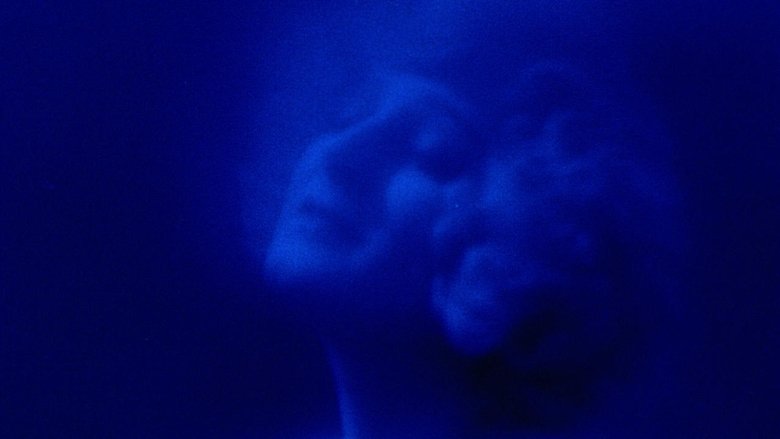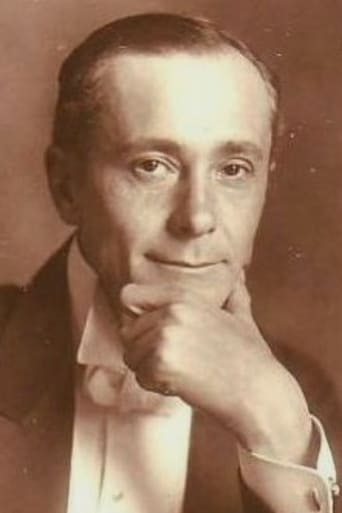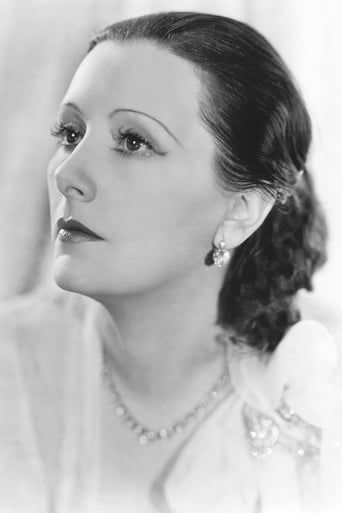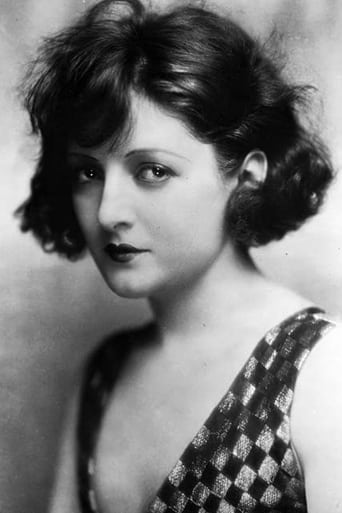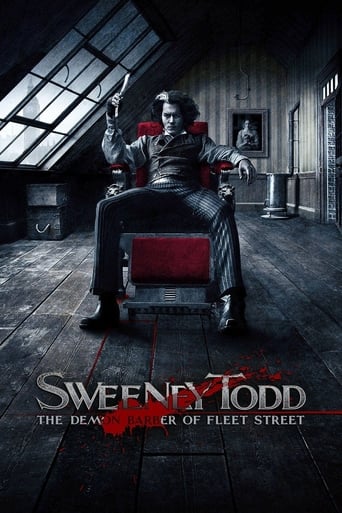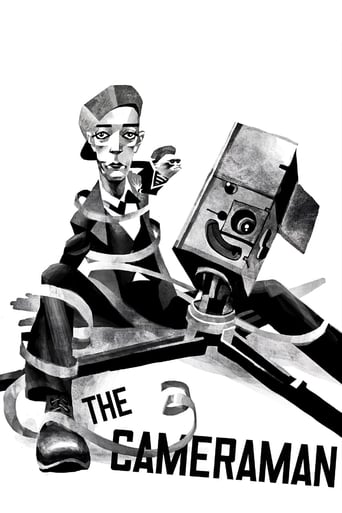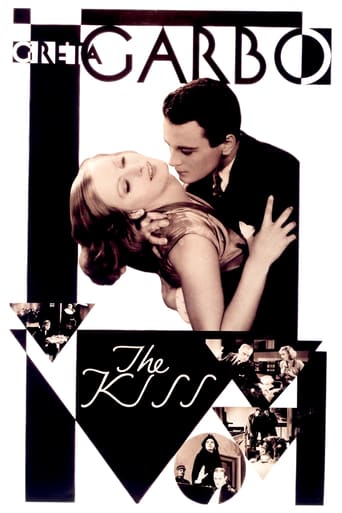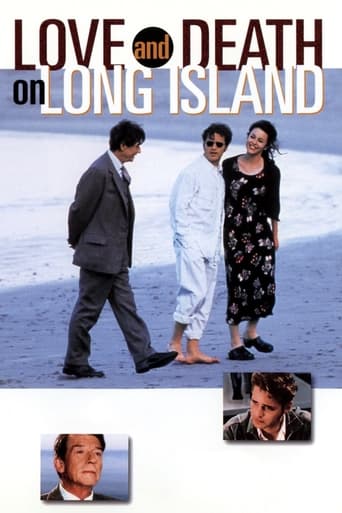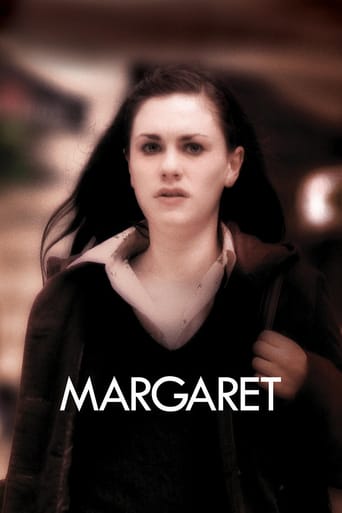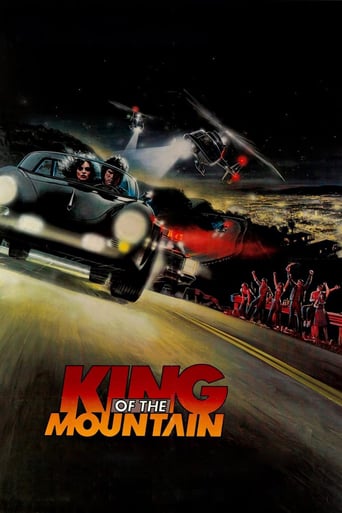Phantom (1922)
Lorenz Lubota is a city clerk with no direction in life. One day on his way to work he is run over by a woman driving a chariot and he is immediately infatuated with her.
Watch Trailer
Free Trial Channels
Cast


Similar titles
Reviews
Wonderful character development!
I saw this movie before reading any reviews, and I thought it was very funny. I was very surprised to see the overwhelmingly negative reviews this film received from critics.
If you like to be scared, if you like to laugh, and if you like to learn a thing or two at the movies, this absolutely cannot be missed.
The film may be flawed, but its message is not.
I have to say, from the film's opening I am confused on some of the details. If you took out that confusion factor, I'd give this a nine, because it is a deep haunting tale, almost a noir, except twenty years before noir's inception. What movies could we have had to look back on if F.W. Murnau had lived into the 1940's and experimented with noir as Fritz Lang did? Lorenz Lubota (Alfred Abel) is a city clerk doing a boring menial job. He escapes by writing poetry. He has a younger brother who barely figures into the plot and goes to art school. He has a younger sister who is a party girl who dabbles in prostitution. His mother loves her children, but her bitterness is so deep it is almost contagious. She is bitter over her poverty (this can't do much for Lorenz' self esteem since he is the provider for the entire family) and bitter about her estranged sister's success as a pawnbroker with no mercy who has accumulated great wealth from her profession.Lorenz is loved in secret by Marie, the daughter of the owner of the local bookstore. She thinks he is creative, deep, and a very honest man. Why is Lorenz so honest? Because he has never been tempted! Because at his first encounter with something really tempting his moral code collapses completely. His bout with fate begins when he is run down in the street by a team of horses pulling a carriage driven by the beautiful and wealthy Veronika Harlan. Lorenz is unharmed, but he returns to consciousness with Veronika holding his head in her hands, and he is instantly infatuated.His lust is awakened by looking into the face of the most beautiful girl he has ever seen, and his pride is awakened when he is told by Marie's father that his poetry is genius according to a visiting publisher (the publisher turns out to be wrong). When Lorenz realizes he has no chance with the actual Veronika he settles for a look-alike gold digger that he meets in a tavern. The problem? He has no gold for her to dig since he has lost his job as city clerk due to his absences, presence in taverns, and hanging about the front entrance of the Harlan home. Apparently doing a low paying menial civil service job in 1922 Germany required the dullest of home lives.Lorenz soon learns that his poetry is worthless, although this scene is missing from the movie. His solution? A stronger willed criminal minded fellow convinces Lorenz first to commit fraud to keep his gold digging girlfriend, and when Lorenz is found out, he is convinced by the very same fellow to commit robbery to cover up the original fraud. When the midnight robbery goes awry, he just lies down and covers his head to not see his more violent companion murdering the would-be robbery victim, who just happens to be his own aunt! He doesn't try to stop him at all.Now here is where the film loses me. Lorenz has committed fraud, robbery, and been an accomplice to murder, but apparently spends only a short time in prison because he is still young looking when he gets out. That's a very short sentence! In the U.S. at the time he would have gotten a very short rope for the same crimes. Marie and her dad are waiting for him and drive him to a nice house in the country and tell him "This is your new home". Where did this home come from? If he had the kind of money to buy such a home why was his entire family living in a crowded run down apartment before he went to jail? Lorenz calls Marie his "beloved wife" at the beginning of the film - this entire story is told in flashback - so Marie, knowing that Lorenz is really a weak wimpy guy who is capable of giving in to the worst criminal impulses when influenced by a stronger personality, married him also knowing she wasn't his first OR second choice? What happens the next time he has a random encounter with a beautiful woman? Maybe they are both weak and wimpy and are thus made for each other, but that is not what the hopeful feeling with which this movie ends seems to imply.Maybe the most puzzling and unexplained part of the movie is the very beginning. Before we even get to Lorenz writing down this story in a book and thus the flashback tale, there is an image first of an Albert Einstein look-alike walking in the country alone, then a Thomas Edison look-alike also walking in the country alone. No explanation. Then cut to Lorenz looking wistfully out his kitchen window. I don't know. Maybe Murnau was trying to say "geniuses often walk alone, but that doesn't mean that someone who walks alone (Lorenz) is necessarily a genius"??I'll tell you one thing of which this film convinced me - Alfred Abel was a great actor. I was completely convinced he was a tower of jello in this film, and in 1927's Metropolis I was completely convinced he was cold deliberate industrialist capable of sentencing his right hand man to the closest thing there was to hell on earth. Catch this silent film if you can, even if you are not a big fan of the silents I think you'll find it fascinating.
Minor Murnau, but pretty good. He made this one right after Nosferatu. Alfred Abel (of Metropolis) stars as a man who lives along with his sister (Aud Egede Nissen) with their mother (Frida Richard). Abel falls for beautiful rich girl Lya De Putti, and then later with a gold digger who looks exactly like her (also played by De Putti). A bookstore owner convinces Abel that he is a great poet, and he borrows a bunch of money from his rich aunt, who thinks he'll soon be rich, to impress De Putti and help out his sister's criminal boyfriend. The story and acting are pretty good. The cinematic experiments are not as daring as they are in Nosferatu, but there are several impressive special effects peppered throughout the picture.
Town clerk Lorenz Lubota is a retiring bookish fellow about to settle into a contented hum drum existence when he is bowled over by a carriage on his way to work . Only stunned by the accident he becomes obsessed with the striking beauty of the driver turning the rest of his world upside down. Lorenz then foolishly pursues the woman with an ungovernable monomania that creates havoc in both his personal and professional life. Exploited by a slick grifter he betrays a benefactress and when his clumsy attempt to win the hand of his obsession falters he is exploited by a mother-daughter team and the spiral picks up speed.Made the same year as Nosferatu director FW Murnau taps down the phantasmagoria considerably in this slow go that reveals much of its outcome early, making it more of a cautionary tale than an intense suspense. Incurable romantic Lorenz moves through the film trance like most of the way and such unabated gullibility wears Phantom down.Their are a handful of lush tinted classic Murnau compositions that inform and a touch of misogyny that allows his female characters some lurid depth but for this cinema giant it is a sub par effort.
PHANTOM is a very heavy-handed morality tale of a simple man who inexplicably becomes infatuated with a woman after seeing her only briefly. Despite being a seemingly nice guy, he throws his life away and the film revels in this spiral as well as the parallel story of his sister who becomes a prostitute.While the film on technical merits isn't bad (it did have some inventive camera work), it was a major letdown since it was directed by the legendary director F. W. Murnau. Had it been done by some studio hack, then I could understand why this film was so hokey and unbelievable--but from Murnau, his fans have come to expect so much more.Unlike some reviews on IMDb, mine is a bit unusual in that I have now seen just about every known Murnau film in existence today (PHANTOM was the last) and so I can compare it to the body of his work. Clearly, it is the worst of his films and lacks the magic and genius that Murnau is known for having. You might be surprised to hear that although his most famous film is NOSFERATU, it may not be his best film--mostly because NOSFERATU, like PHANTOM, seems a tad old-fashioned and stilted--even for 1922. This can be forgiven in NOSFERATU because despite these lulls, the rest of the film is so transcendent and amazing--making it one of the greatest silent films of all time. There is nothing about PHANTOM that can make you overlook the very dated plot--it's just heavy-handed and not particularly memorable.As I said, Murnau made some truly amazing films. Aside from NOSFERATU, he is most famous for the Oscar-winning SUNRISE, but neither of these is my favorite. I love and recommend you see FAUST because the camera work and artistry is just amazing--making Goethe's story a freshness and style that just have to be seen to believed. I also liked it because I (unfortunately) have read the very long book "Faust" and found the film actually made me like the story! THE LAST LAUGH and TARTUFF are also simply wonderful films that any serious student of German cinema must see.So, my advice is to watch PHANTOM if you like, but if you aren't acquainted with F. W. Murnau's films, try any of the others first--otherwise you might not be able to detect his genius and deftness.

